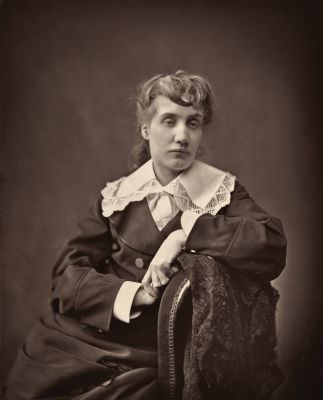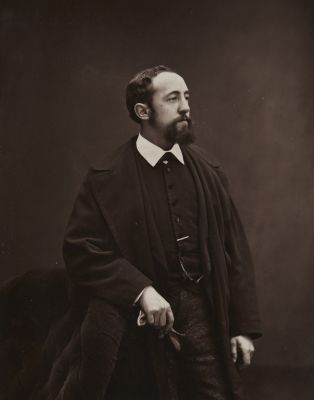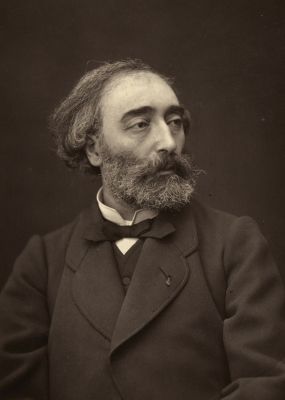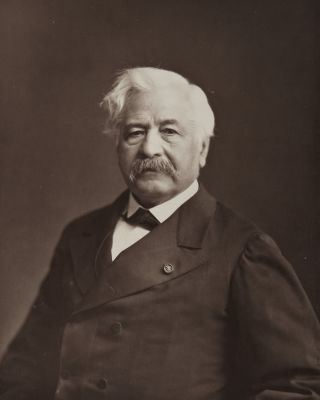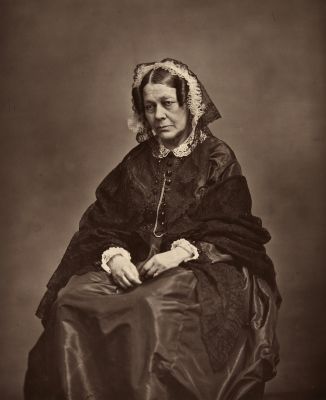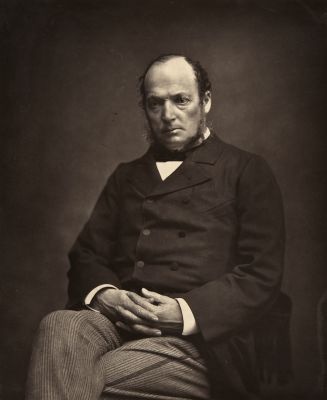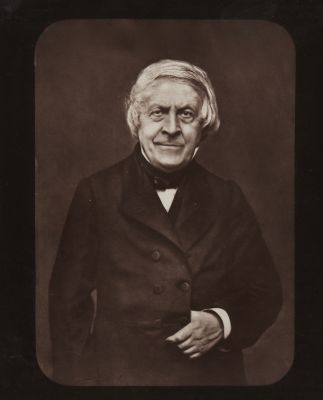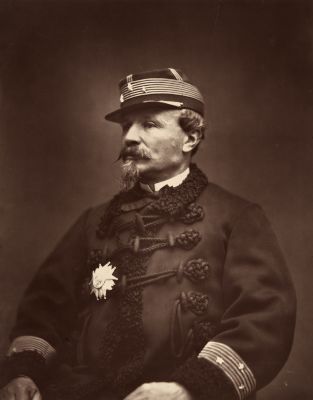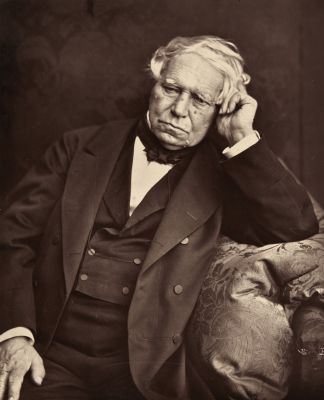
Title
Arsène HoussayeArtist
Carjat, Etienne (French, 1828-1906)Publication
Galerie ContemporaineProcess
WoodburytypeAtelier
Goupil & CieImage Size
23 x 18.2 cmSheet Size
35 x 26 cm
Born François Arsène Housset in Bruyères (Aisne) on 28 March 1815, Arsène Houssaye was a versatile French man of letters—novelist, poet, dramatist, and critic. After settling in Paris in 1832, he published early novels such as La Couronne de bleuets and La Pécheresse in 1836, and went on to write influential works of art history and literary commentary, including Histoire de la peinture flamande et hollandaise (1846) and Histoire du quarante-et-unième fauteuil de l’Académie française (1855). From 1849 to 1859, he served as administrator of the Comédie-Française, where he promoted works by leading dramatists including Victor Hugo and Alexandre Dumas. He later became inspecteur général des beaux-arts and directed journals such as L’Artiste and La Presse. His wide-ranging career reflected the intellectual energy of 19th-century Paris. Houssaye died in Paris on 26 February 1896, leaving behind a legacy of novels, poetry, and memoirs, notably Confessions, souvenirs d’un demi-siècle (1885–1891).
Issued in installments by the Parisian publisher Goupil between 1876 and 1884, the Galerie Contemporaine, Littéraire, Artistique brought together 241 portraits of prominent figures in literature, music, science, and politics offring the French public an unprecedented visual gallery of the people shaping their cultural and civic life during the Second Empire and the early Third Republic.
The project was fueled by a spirit of national pride and by a new, more modern fascination with fame. Its subtitle—Littéraire Artistique—signaled a desire to elevate photography as a vehicle for high culture, while also capitalizing on the growing appetite for celebrity portraiture.
The images themselves were printed as woodburytypes giving the portraits a richness and permanence that aligned perfectly with the project’s lofty cultural ambitions.
Today, Galerie Contemporaine endures not only as a milestone in the history of photography and publishing, but also as a vivid record of the artists, scientists, and statesmen whose lives and ideas defined modern France.
